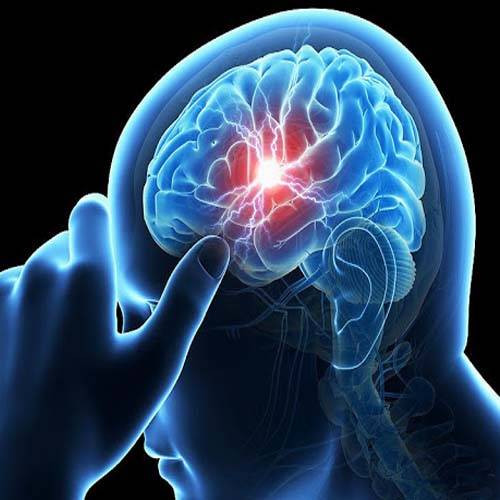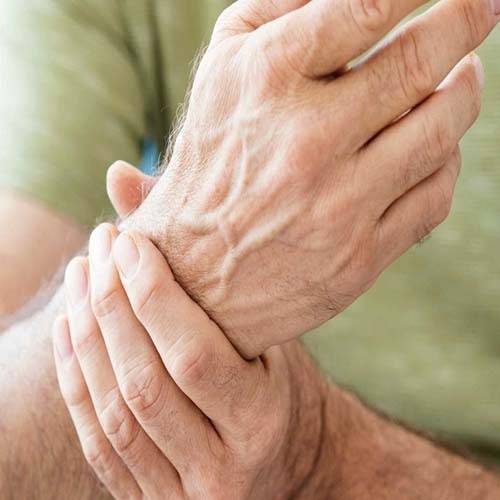
Neurodegenerative Disorders such as Alzheimer’s and Parkinson’s Disease affects millions of people across the globe. The mentioned diseases are the two most common neurodegenerative diseases, both of which are progressive in nature. There is, unfortunately, no cure for either Alzheimer’s or Parkinson’s disease as of now and it only worsens with time.
 What is Alzheimer’s Disease
What is Alzheimer’s Disease
Alzheimer’s Disease is a neurodegenerative disorder that is a common form of dementia and is mostly seen in people above the age of 80. Dementia is a syndrome having symptoms such as loss of memory, thinking, and behavior.
People suffering from Alzheimer’s tend to forget everything, even the methods of performing the daily activities and even their own perception. Being a progressive disease, Alzheimer’s is a condition in which the brain cells of the affected individual dies and thereby, their brain shrinks. As the disorder progresses, the patient becomes unable to perform basic activities required for maintaining their hygiene, and therefore, need to be provided with special care.
 What is Parkinson's Disease
What is Parkinson's Disease
Parkinson’s Disease is also neurodegenerative disorder and therefore, affects the neurons in same way. The patient suffering from it experiences difficulty in walking, maintaining balance, and coordination. There are also tremors and stiffness in the muscles. Unfortunately, there is no known cure for Parkinson’s, and is seen in adults older than 60. The main reason behind Parkinson’s is the decrease in the amount of dopamine in the body which in turn is due to the loss of neurons producing the chemical. The disease is progressive in nature and the brain cells throughout the disease keep dying until the entire brain dies.
Although both Alzheimer’s and Parkinson’s have no cure, there are treatments to help people suffering from them. One of the treatments being physiotherapy.










